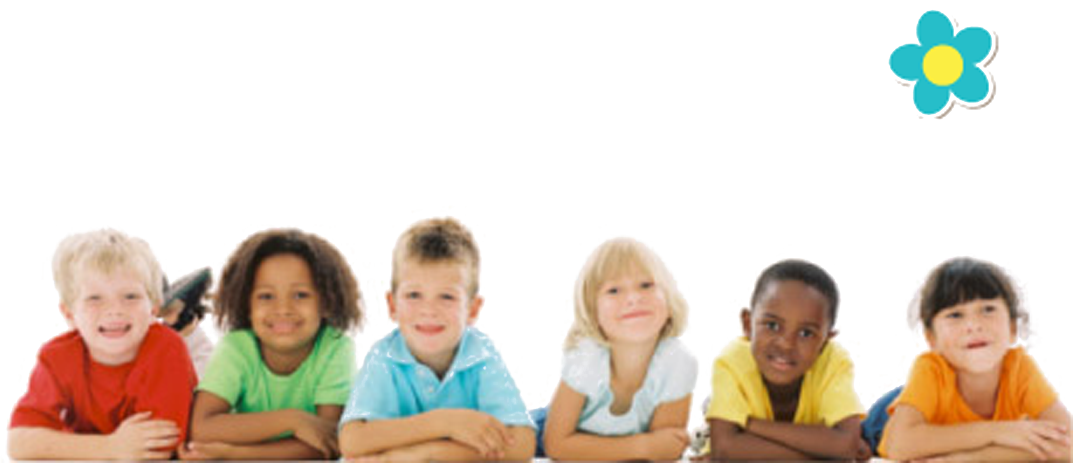EARLY YEARS FOUNDATION STAGE |
The children’s activities are planned around their interests which practitioners have gained understanding of through regular observations. By planning around the children’s interests practitioners ensure that we have the right resources in place to support learning and development but allowing the setting to have a flexible approach. This approach allows the children’s time at nursery to be ‘child led’ where possible. Your child’s previous knowledge will be used to tailor activities to their ability and their progress reviewed regularly.
Each day we take care to provide activities, where we use equipment appropriate to the age and stage of development of the children. This helps to stimulate their interests, encourage investigation skills and enable children to practise existing skills, to extend and acquire new skills.
We follow the Early Years Foundation stage (EYFS) programme which ensures that your child’s learning and development is fully supported and encourages them to reach their potential. The EYFS is underpinned by 4 themes:
1. The unique child
2. Positive relationships
3. Enabling environments
4. Learning and development
We develop activities and experiences, and extend opportunities which the children themselves have identified which ensure we are constantly supporting the learning and development of the children on an individual level. Through these adult and child led experiences we can also make sure that all the themes are being addressed and that your child is achieving to their potential.
The 7 areas underpinning the learning and development theme are:
Personal social and emotional development
Personal, social and emotional development involves helping children to develop a positive sense ofthemselves, and others; to form positive relationships and develop respect for others; to develop social skills and learn how to manage their feelings; to understand appropriate behaviour in groups; and to have confidence in their own abilities.
Communication and language.
Communication and language development involves giving children opportunities to experience a rich language environment; to develop their confidence and skills in expressing themselves; and to speak and listen in a range of situations.
Physical development
Physical development involves providing opportunities for young children to be active and interactive; and to develop their co-ordination, control, and movement. Children must also be helped to understand the importance of physical activity, and to make healthy choices in relation to food.
Specific Areas
Literacy
Literacy development involves encouraging children to link sounds and letters and to begin to read and write. Children must be given access to a wide range of reading materials (books, poems, and other written materials) to ignite their interest.
Mathematics
Mathematics involves providing children with opportunities to develop and improve their skills in counting, understanding and using numbers, calculating simple addition and subtraction problems; and to describe shapes, spaces, and measures.
Understanding the world
Understanding the world involves guiding children to make sense of their physical world and their community through opportunities to explore, observe and find out about people, places, technology and the environment.
Expressive arts and design
Expressive arts and design involves enabling children to explore and play with a wide range of media and materials, as well as providing opportunities and encouragement for sharing their thoughts, ideas and feelings through a variety of activities in art, music, movement, dance, role-play, and design and technology.



